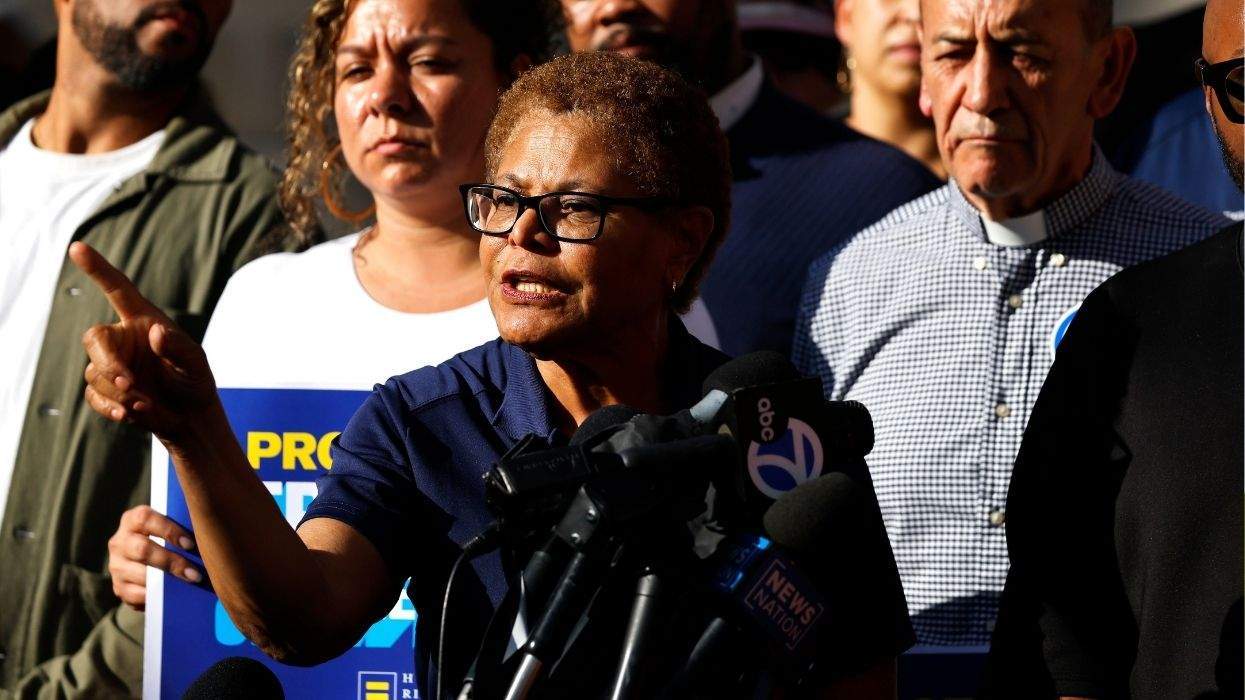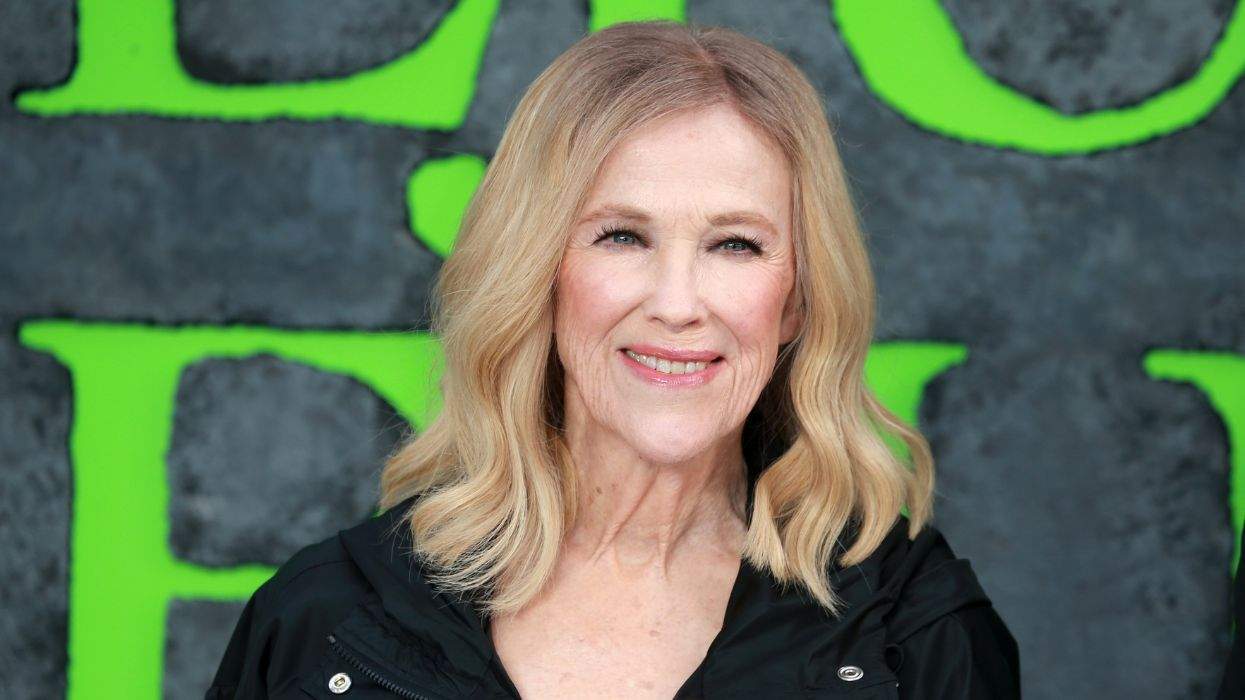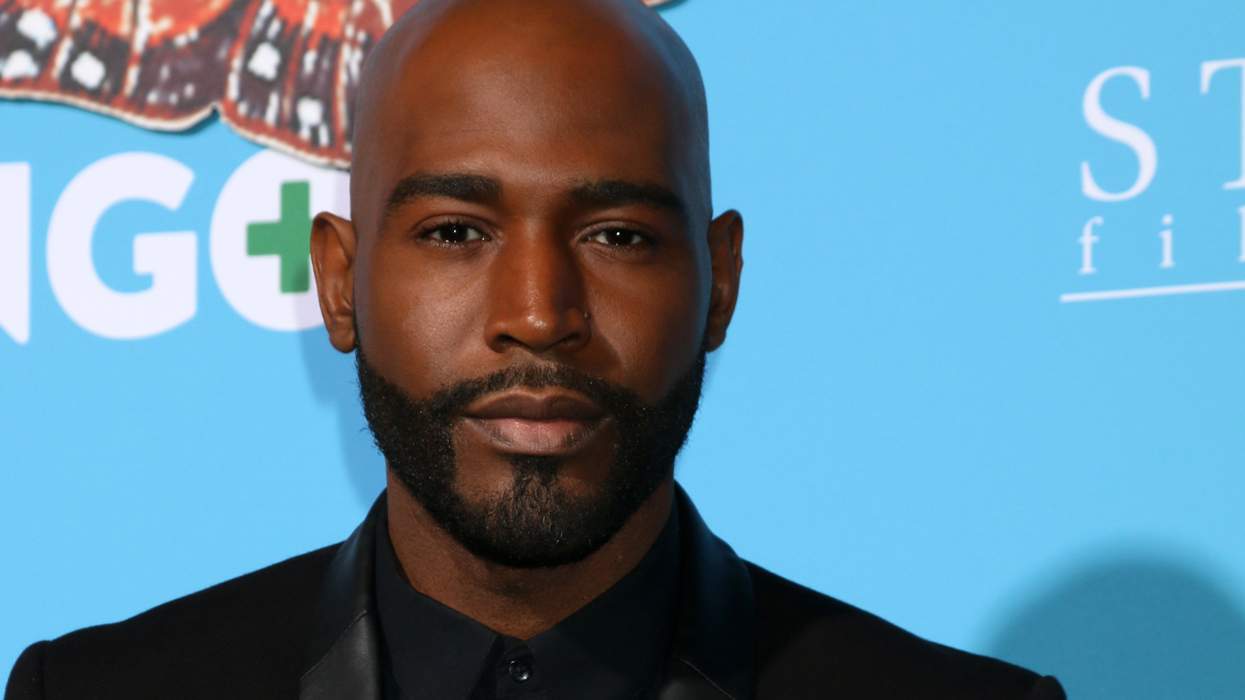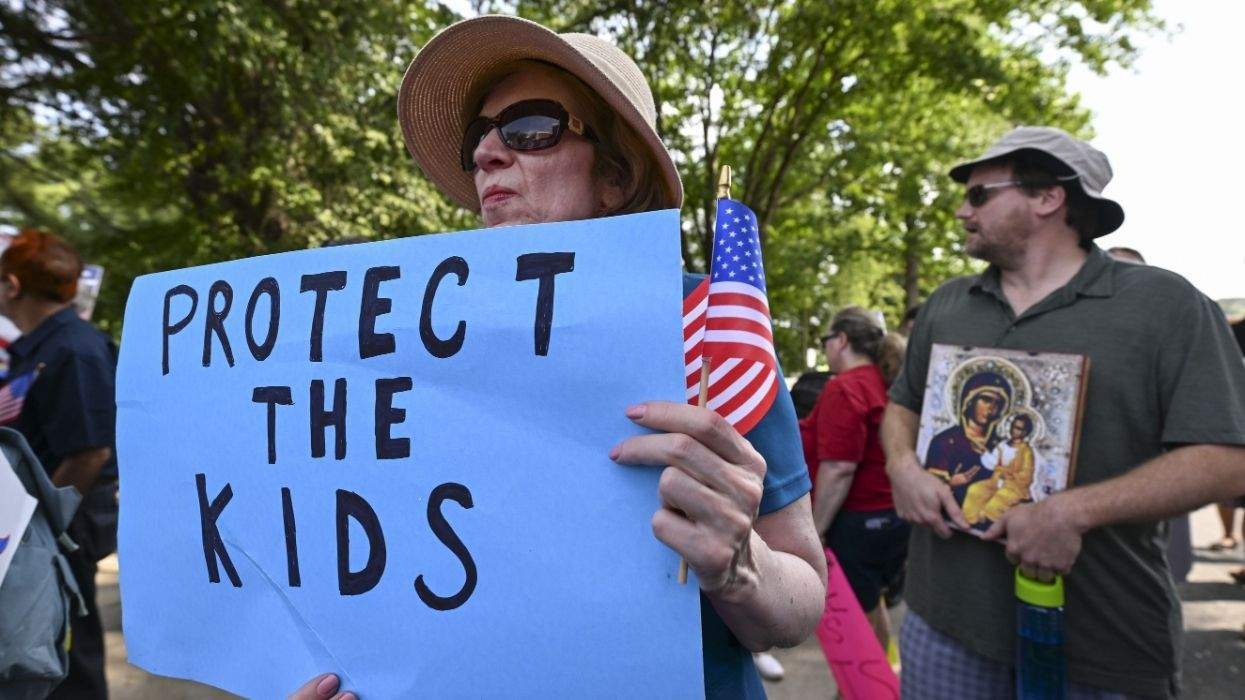Gun violence is nothing new for the LGBT community. Between 2012 and 2015, of the 88 LGBT people who lost their lives due to anti-LGBT violence, more than half (47) were shot to death. While these overall numbers may seem small, on a per capita basis LGBT people are much more likely to be the targets of violence than other groups covered in federal hate-crimes law. This violence -- and other types of anti-LGBT discrimination -- is associated with greater mental health burden and, in turn, higher rates of suicide among LGBT people than the general population. Both hate violence and suicide are more deadly when guns are involved. That's why LGBT individuals and organizations should embrace enactment of a reasonable gun control agenda as a top priority in ensuring the safety of the LGBT community.
Much of the public's focus on gun control is to prevent massacres like the one that took place in June at the Pulse nightclub in Orlando when 49 people, most of them Latino gay men, were murdered. But of the 33,000 people who are shot to death each year, about 21,000 die by suicide and 11,700 die by homicide. The burden of gun violence falls disproportionately on marginalized populations, and that includes LGBT people.
Studies routinely show that sexual and gender minority Americans report substantially higher rates of suicide attempts than their cisgender and heterosexual peers. The overall U.S. population has a 4.6 percent lifetime suicide attempt rate, but more than 40 percent of transgender adults and 10 percent to 20 percent of sexual minority adults report having attempted suicide at least once in their lives. Stricter gun control laws will not change these shockingly high rates of suicide attempts among LGBT people. But gun control measures enacted at the state level, such as more comprehensive background checks and promotion of safer gun design and storage, strongly correlate with lower suicide rates -- and that can save LGBT lives.
LGBT people are more likely to be targets of hate crimes than any other group in America. In 2014, 18.6 percent of reported hate crimes were perpetrated on the basis of the victim's sexual orientation and 1.8 percent were perpetrated on the basis of the victim's gender identity. Anti-LGBT hate crimes are also more violent and result in hospitalization more often than those based on race, religion, or disability. In 2015, 15 percent of anti-LGBT hate crimes were classified as aggravated assaults, meaning a gun or other deadly weapon was used. Hate violence claims the lives of LGBT people at a disproportionate rate, especially LGBT people of color, transgender women, and gay men.
Within days of the Orlando massacre, the Human Rights Campaign adopted a new policy resolution "that the safety of LGBTQ people in the United States requires the adoption of commonsense gun violence prevention measures." Equality California launched "Safe and Equal," a campaign "to end gun violence by advocating for tougher common sense gun safety laws at the federal and state levels." Other LGBT rights organizations around the country, together representing more than 2.2 million people, pledged in an open letter to join the movement to end gun violence. These are much welcomed, important steps in the right direction. But we could be doing more.
A reasonable gun control agenda that could result in fewer deaths of LGBT people by firearms would include the following:
* Reinstatement of the federal ban on assault weapons, which ended in 2004
* State and federal bans on the purchase of guns by those who have been convicted of domestic abuse or hate crimes or who are included on the TSA's no-fly list
* Background checks on those purchasing firearms at gun shows or online
* Promotion of safer gun design and storage
* Lifting the federal ban preventing the U.S. Centers of Disease Control from researching the causes of gun violence
After the Supreme Court issued its ruling in Obergefell v. Hodges that brought marriage equality to all 50 states, there was much talk about what the movement should focus on next. Addressing gun control to ensure the basic safety of LGBT people is a worthy goal.
SOPHIA GEFFEN is a health policy researcher for The Fenway Institute of Fenway Health. She is also the coauthor of the recently published policy brief, "Gun Violence and LGBT Health."















Charlie Kirk DID say stoning gay people was the 'perfect law' — and these other heinous quotes
These are some of his worst comments about LGBTQ+ people made by Charlie Kirk.